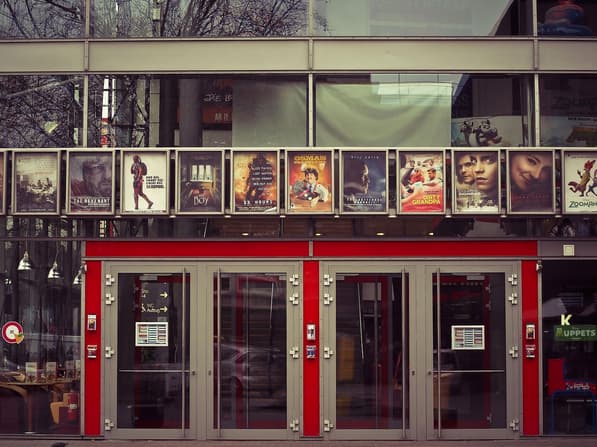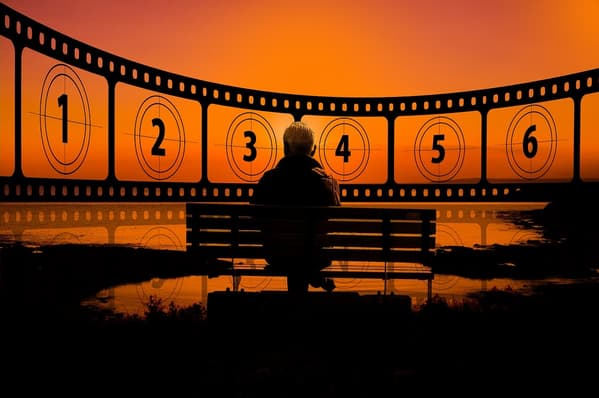Movies have always been more than just entertainment—they’re cultural touchstones that spark conversations, debates, and passionate discussions. Whether you’re captivated by Christopher Nolan’s complex narratives or fascinated by the emotional depth of indie cinema, talking about films is part of what makes the experience meaningful. That’s why having a dedicated place to share thoughts and opinions on movies and movie news is so essential. These platforms allow movie lovers to connect, express their views, and discover new perspectives that enhance their appreciation of film.
The Rise of Online Film Communities
With the digital revolution, movie discussions have shifted from living rooms and theaters to the online world. Today, film enthusiasts have countless platforms where they can exchange opinions, rate movies, and debate industry trends. Websites like Letterboxd, IMDb, and Reddit’s r/movies have become modern meeting places for cinephiles from all corners of the globe.
Letterboxd, for instance, lets users log films they’ve watched, write reviews, and follow others with similar tastes. It’s not just about sharing ratings—it’s about storytelling through personal perspective. IMDb provides an encyclopedic look at film information, where users contribute trivia, reviews, and ratings. Meanwhile, social media channels like Twitter and YouTube host lively discussions, where fans dissect trailers, box office results, and award season predictions in real time.
These platforms have turned passive movie-watching into active engagement. Instead of simply watching a film and moving on, viewers now analyze themes, performances, and direction—building an ongoing dialogue around cinema itself.
Expressing Opinions: The Heart of Movie Fandom
What makes film discussion platforms so engaging is the diversity of thought. Two people can watch the same movie and have entirely different takeaways. One might see Barbie (2023) as a playful feminist commentary, while another sees it as a satirical critique of modern consumerism. These differing perspectives enrich the conversation and highlight how art resonates differently with each viewer.
For many, writing movie reviews or participating in comment threads isn’t just about sharing opinions—it’s a form of creative expression. Some users craft detailed analyses that rival professional critics, while others share heartfelt reactions or quick summaries. Over time, these posts become personal movie diaries, tracing a person’s evolving relationship with cinema.
Moreover, engaging in discussions helps fans refine their analytical thinking. By reading contrasting opinions, they learn to articulate their viewpoints better and appreciate the nuances of filmmaking—from cinematography and sound design to storytelling structure. The more one participates, the more they grow as both a critic and a viewer.
Staying Updated with Movie News

Beyond reviews and opinions, these spaces also serve as hubs for staying updated on movie news. Fans can follow developments in the film industry, from casting announcements and trailer drops to controversies and box office statistics.
YouTube channels like Screen Junkies, Collider, and Film Companion, as well as entertainment outlets like Variety and The Hollywood Reporter, provide a constant stream of insights into the movie world. Community forums and fan blogs amplify these updates, creating vibrant discussions around upcoming releases or behind-the-scenes details.
For example, when major franchises like Marvel or Star Wars release new trailers, discussion threads explode with theories and predictions. Fans pause scenes frame-by-frame to catch hidden clues and share their interpretations. Similarly, during awards season, film communities become buzzing ecosystems of speculation—debating who deserves Best Picture or Best Director.
This constant engagement keeps fans emotionally invested in cinema, even between releases. It also allows them to voice their opinions about industry trends, such as diversity in casting, streaming vs. theatrical releases, or the growing influence of AI in filmmaking.
Building Community Through Shared Passion
At the core of these discussion spaces lies a sense of belonging. Whether it’s a Facebook group dedicated to classic films or a Discord server where fans organize virtual watch parties, people find connection through shared passion.
The best movie communities foster respect and inclusivity. They welcome differing viewpoints and encourage healthy debate, ensuring that everyone feels heard. For some, these groups become creative outlets where they post fan art, write essays, or create podcasts. For others, they’re safe spaces to discuss representation, identity, and social issues reflected in cinema.
Offline, film clubs and festivals extend this spirit of conversation. Local theaters often host post-screening discussions, giving moviegoers a chance to exchange interpretations face-to-face. Whether online or in-person, these gatherings transform solitary viewing into collective appreciation.
How to Join the Conversation
Joining a movie discussion community is easier than ever. Here are a few ways to get started:
- Create an Account on Film Platforms:
Sites like Letterboxd or Rotten Tomatoes let you share reviews, rate films, and follow other users with similar tastes. - Participate in Reddit or Discord Discussions:
Subreddits such as r/movies or dedicated Discord servers are great for real-time interaction and discovering film recommendations. - Start a Blog or YouTube Channel:
If you have strong opinions or a unique perspective, start sharing them! Blogging and vlogging allow you to build a personal brand in the film community. - Join Local Film Clubs:
Many cities host film societies or screenings with discussion sessions. These provide an intimate way to connect with fellow movie lovers. - Engage Respectfully:
Remember that every opinion has value. Engaging thoughtfully ensures a positive and inclusive community experience.
Conclusion
In today’s digital age, a place to give thoughts and opinions on movies and movie news isn’t just a niche interest—it’s a cultural necessity. These communities celebrate diversity of thought, fuel creativity, and deepen our understanding of cinema. Whether you’re a casual viewer or an aspiring critic, sharing your take on a film connects you to a larger world of stories, emotions, and ideas.
So next time you leave the theater or finish a Netflix binge, don’t keep your thoughts to yourself. Write a review, start a discussion, or simply comment on your favorite scene. The conversation about movies is what keeps the magic of cinema alive—and your voice might just inspire someone to see a film in a whole new light.
